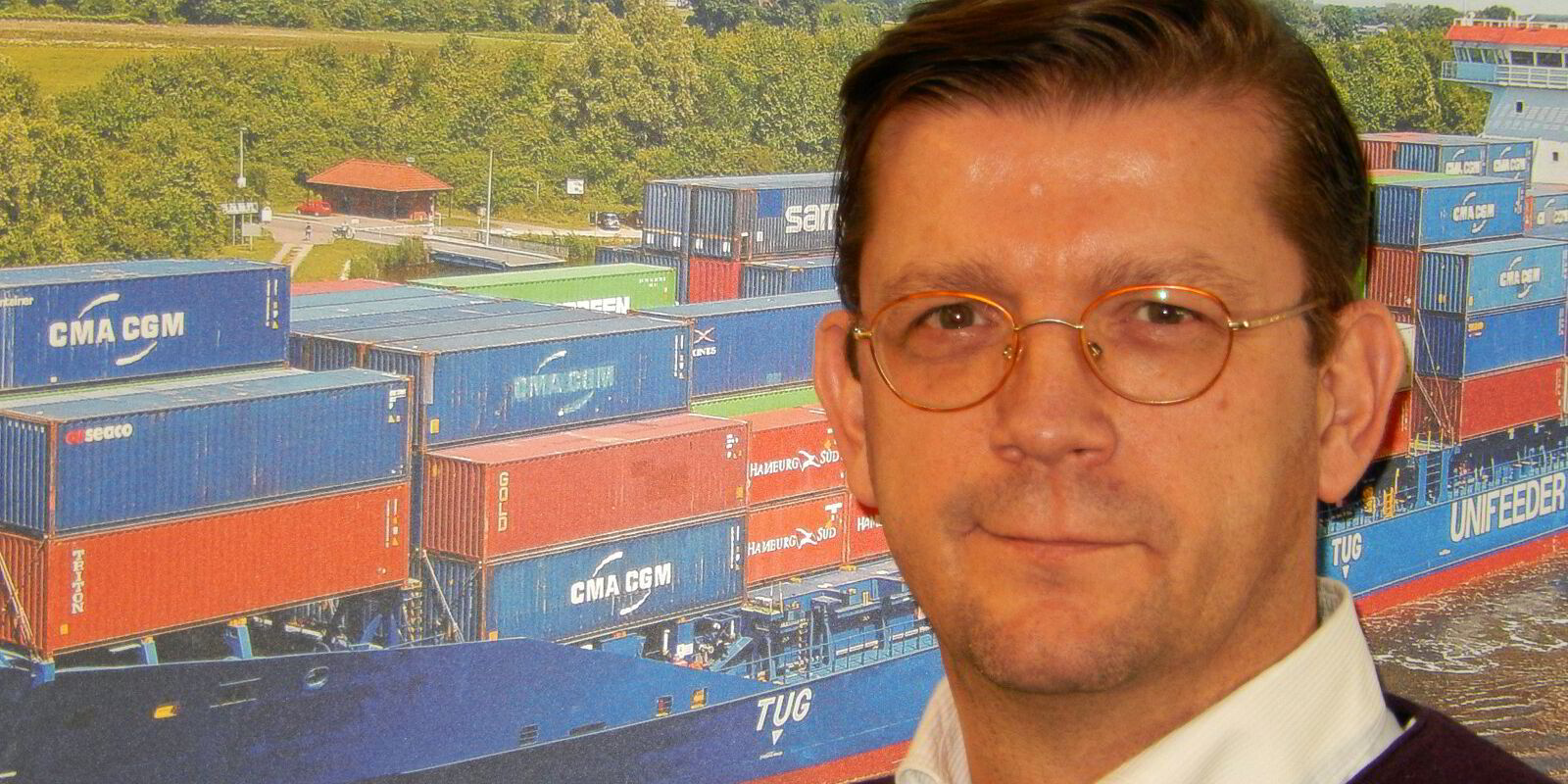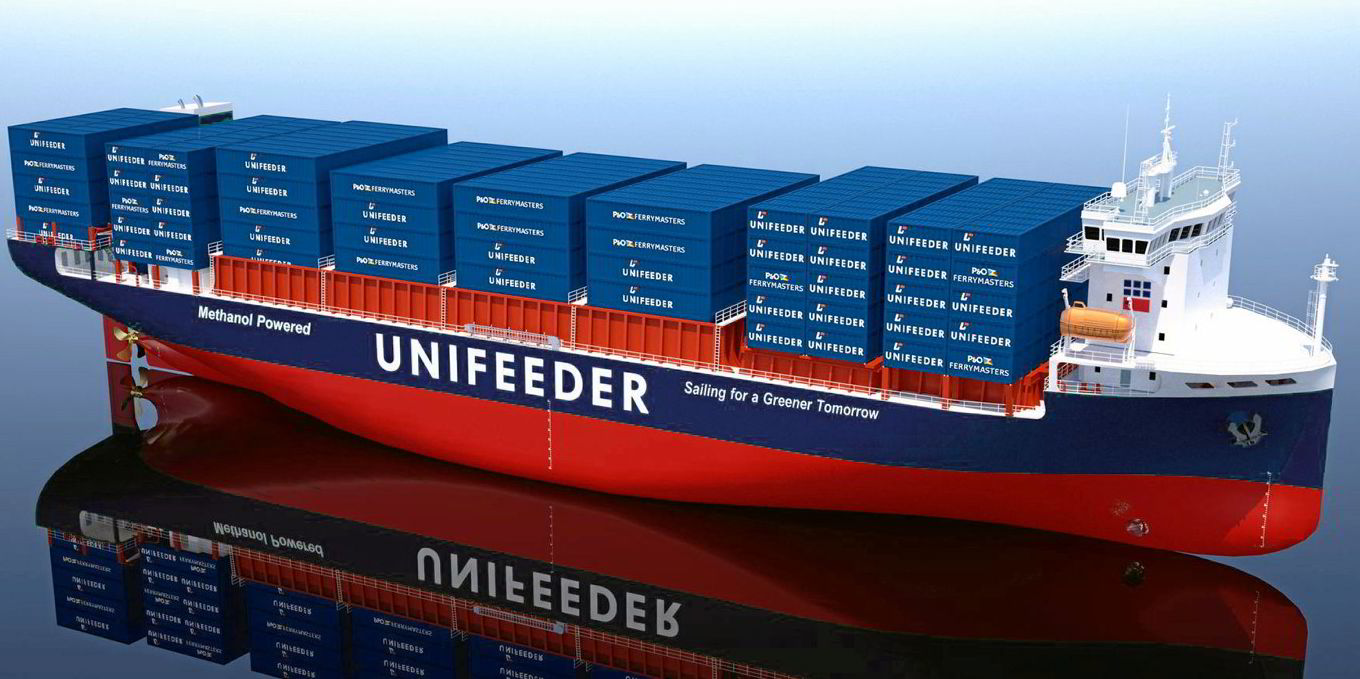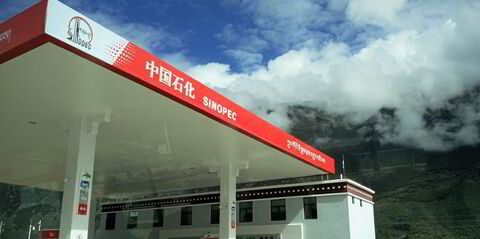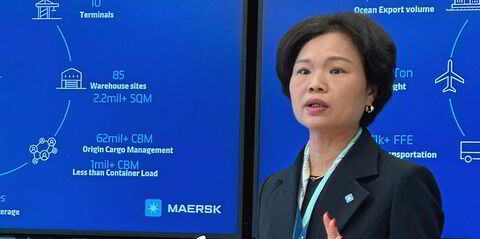Dubai-based feeder operator Unifeeder and Germany’s MPC Container Ships are to work together on a series of decarbonisation projects.
Under the agreement, the two companies will jointly invest in efficiency-enhancing retrofits.
The investment will be shared between the charterer, Unifeeder, and Hamburg-based MPC.
Subsequent cost savings will also be shared.
The focus is to find energy-efficient solutions that will cut emissions by more than 10%.
That is expected to lower fuel costs for the charterer and increase the value of the vessel for the shipowner.
MPC Verwaltung managing director Philipp Niesing said: “Investment in our existing fleet is a cornerstone of our $400m fleet renewal investment programme, as this will immediately contribute to reducing emissions.
“By overcoming the traditional split incentive structure, we hope to drive positive change in the industry.”
Unifeeder decarbonisation director Christian Hoepfner added: “This collaboration not only aligns with our goals for decarbonisation but also sets a precedent for the industry to overcome traditional split incentive barriers.”
The initiative joins several other Unifeeder sustainability schemes that focus on increasing fuel efficiency, including silicone coating, optimisation of vessel operations and increased use of biofuels.
Unifeeder, which is part of port giant DP World, is also replacing older vessels with methanol-powered ships that are due to enter operation by 2026.
It has committed to seven-year charters of four 1,250-teu methanol-powered vessels for delivery in 2026.
These are being built at shipyards in China, three for Germany’s Elbdeich Reederei and one for MPC.
Unifeeder also has four conventionally powered vessels of 3,000 teu on five-year charters from Denmark’s Celsius Shipping.




